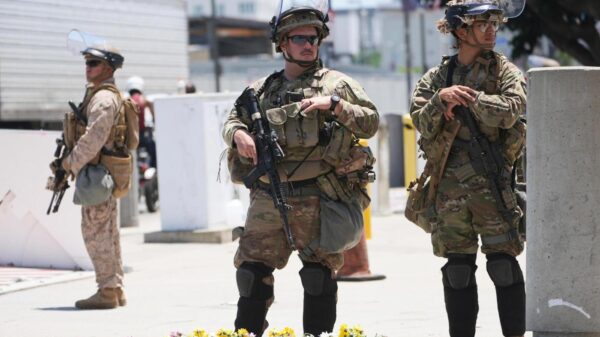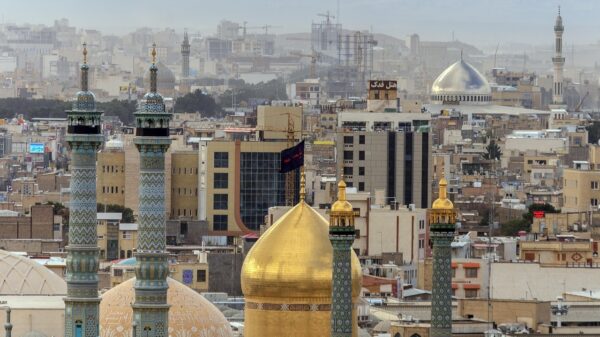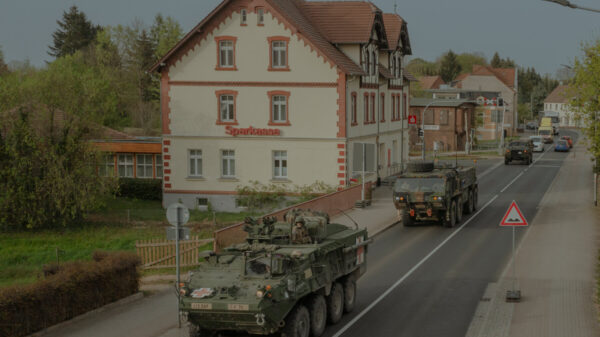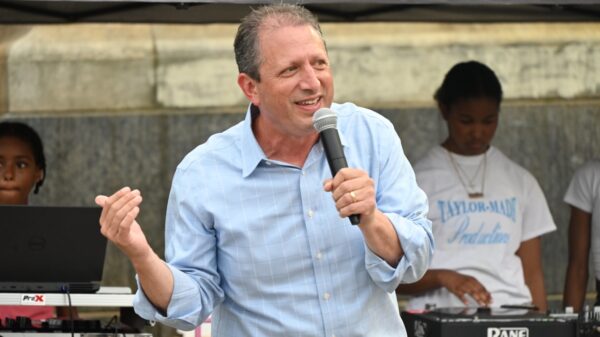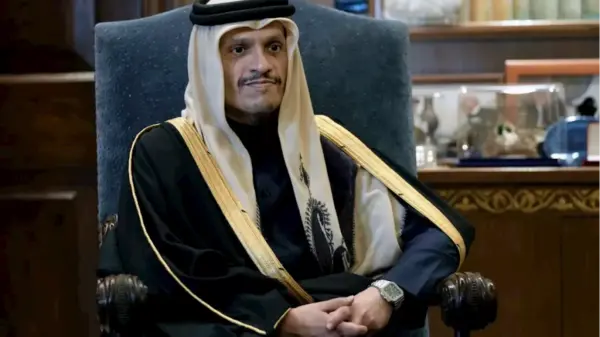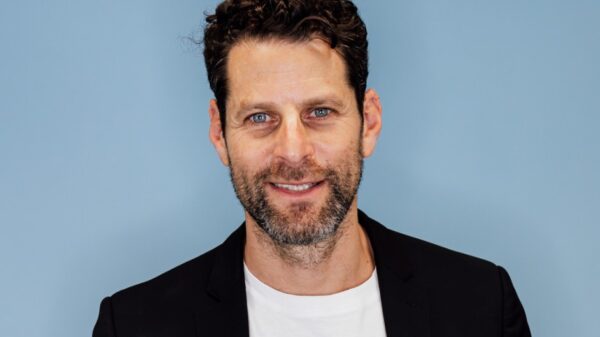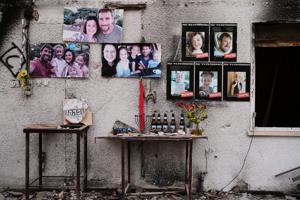Israeli and Hamas officials are poised to engage in indirect discussions concerning a U.S. peace plan for Gaza, set to take place on Monday at the Red Sea resort of Sharm el-Sheikh, Egypt. These talks will focus on the initial stages of a ceasefire, which includes a proposed partial withdrawal of Israeli forces and the release of hostages held by Hamas in exchange for Palestinian prisoners currently detained by Israel. This information comes from a statement released by Hamas.
Participating in the discussions are U.S. Middle East envoy Steve Witkoff and Jared Kushner, son-in-law of former President Donald Trump, as reported by Egypt’s state-run Al-Ahram. The renewed push for peace follows Hamas’s acceptance of certain elements of the U.S. plan, a move that has been welcomed by Trump and supported by Israeli officials.
Under the proposed plan, Hamas is expected to release the remaining 48 hostages, of whom approximately 20 are believed to be alive, within three days. Furthermore, the plan stipulates that Hamas should relinquish power and disarm. The current conflict was ignited by a Hamas-led attack on October 7, 2023, which resulted in the abduction of 251 individuals and the deaths of around 1,200, predominantly civilians. Most hostages have since been released through various ceasefire agreements.
The Gaza Health Ministry reported that the Palestinian death toll from the ongoing conflict has risen to 67,160 as of Monday. The ministry, part of the Hamas-run government, does not separate casualties into civilian and combatant categories but indicates that women and children constitute roughly half of the fatalities. Many independent experts and the United Nations regard its figures as the most accurate estimates of wartime casualties.
Demonstrations and Casualty Reports
In a show of solidarity, hundreds of women in Istanbul formed a human chain to honour the Palestinian women and children who have lost their lives in the Gaza conflict. This demonstration, organized by President Recep Tayyip Erdogan‘s ruling party, occurred just before the second anniversary of the October 7 attacks by Hamas. Similar protests took place in Ankara and other Turkish cities, where many participants waved Palestinian flags or donned traditional kaffiyeh scarves.
On the ground in Gaza, the Health Ministry reported that over the last 24 hours, 19 individuals, including two aid-seekers, were killed due to Israeli strikes and gunfire. An additional 96 people sustained injuries during this period, contributing to a total of nearly 170,000 wounded since the onset of the conflict.
Political Context and Humanitarian Concerns
Egyptian President Abdel-Fattah el-Sisi praised Trump’s efforts to facilitate an end to the conflict in Gaza. In a televised address commemorating the anniversary of the October 6, 1973, war with Israel, he stated, “A ceasefire, the return of hostages and detainees, the reconstruction of Gaza, and the start of a peaceful political process leading to the establishment and recognition of a Palestinian state mean that we are on the right path toward lasting peace and solid stability.” He emphasized the importance of maintaining the U.S.-crafted “peace system” in the Middle East, which has served as a strategic framework for regional stability since the 1970s.
Amid the ongoing humanitarian crisis, many Palestinians in Gaza express hope for a better future. Some parents, like Rola Saqer, who gave birth to her daughter Masa on the day the conflict began, long for the day when they can celebrate birthdays in peace rather than amidst chaos. Saqer and her husband live in a sparsely furnished tent in the Nuseirat refugee camp, facing challenges of malnutrition and inadequate living conditions.
As the discussions unfold in Egypt, the world watches closely, hoping for a breakthrough that could lead to a lasting resolution to the conflict.

